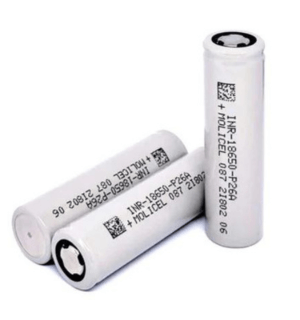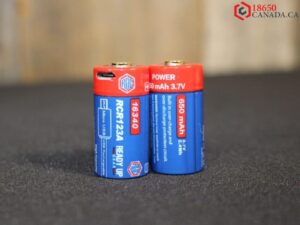Lithium-ion batteries are devices that store and provide electrical energy for various electronic devices and applications. They are widely used in devices and applications such as smartphones, laptops, cameras, drones, electric vehicles, etc. Electric cars are vehicles that run on electricity instead of gasoline or diesel.
They have many advantages, such as being more environmentally friendly, energy-efficient, and cost-effective. However, they also depend on the quality and performance of their batteries. To choose the best battery for your electric car, you need to consider several factors, such as size, shape, weight, capacity, voltage, current, discharge rate, cycle life, safety, cost, availability, etc.
These factors influence the performance and efficiency of the battery and the electric car. In this article, we will provide some tips and advice on how to properly store and maintain lithium-ion batteries to extend their lifespan and performance.
When you are not using your lithium-ion batteries for a long time, you need to store them properly to preserve their capacity and prevent self-discharge. Here are some best practices for storing your lithium-ion batteries:
• State of charge:
Store your lithium-ion batteries at a 40-60% state of charge, which is the best level for preserving their capacity and preventing self-discharge.
• Temperature:
Store your lithium-ion batteries in a cool, dry, and dark place. Avoid storing them in extreme temperatures or near heat sources that can harm or degrade them.

• Location:
Store your lithium-ion batteries away from metal objects or magnets that can affect their polarity or cause short circuits. Also, store them in a fireproof container or bag that can contain any potential fire or explosion.
• Labelling:
Label your lithium-ion batteries with their date of purchase and state of charge. This can help you keep track of their age and condition and avoid using expired or damaged batteries. When you are using your lithium-ion batteries regularly, you need to maintain them properly to extend their cycle life and performance. Here are some best practices for maintaining your lithium-ion batteries:
• Charging:
Charge your lithium-ion batteries with a compatible charger that matches their voltage and current ratings. Avoid overcharging or undercharging your batteries, which can harm their capacity or performance. Stop charging your batteries when they reach 4.2 volts per cell and stop using them when they drop below 2.5 volts per cell.
• Discharging:
Discharge your lithium-ion batteries at a moderate rate that matches their discharge rate rating. Avoid over-discharging or deep discharging your batteries, which can damage their internal structure or cause irreversible capacity loss. Use a battery management system or a protection circuit that can monitor and regulate the voltage and current of your batteries.
• Cycling:
Cycle your lithium-ion batteries at least once every few months to balance their cells and prevent memory effects or capacity loss. Cycling means using your batteries until fully drained and then charging them back to full capacity.
• Handling:
Handle your lithium-ion batteries with care and avoid physical damage or abuse. Do not drop, crush, puncture, or expose your batteries to water or fire. Do not solder or modify your batteries in any way that can compromise their integrity or safety. If you see any signs of damage or leakage on your batteries,
When your lithium-ion batteries are no longer usable or safe, you need to dispose of them properly to prevent any potential fire or explosion and reduce their environmental impact.
Here are some best practices for disposing of your lithium-ion batteries:
• Recycling:
Recycle your lithium-ion batteries at a designated recycling center or facility that can safely handle and process them. Recycling can help to recover valuable materials from your batteries and reduce their environmental impact.
• Disposing of:
Please dispose of your lithium-ion batteries at a designated disposal site or facility that can safely handle and process them. Disposing can help to prevent any potential fire or explosion from your batteries and reduce their environmental impact.
• Safety:
Safety is the most important thing when disposing of your lithium-ion batteries. Do not throw away your batteries in the trash or with other household waste. Do not burn or bury your batteries in the ground. Do not attempt to open or disassemble your batteries by yourself.
By following these tips and advice, you can properly store and maintain your lithium-ion batteries and extend their lifespan and performance. For more information or guidance on battery storage and maintenance.

